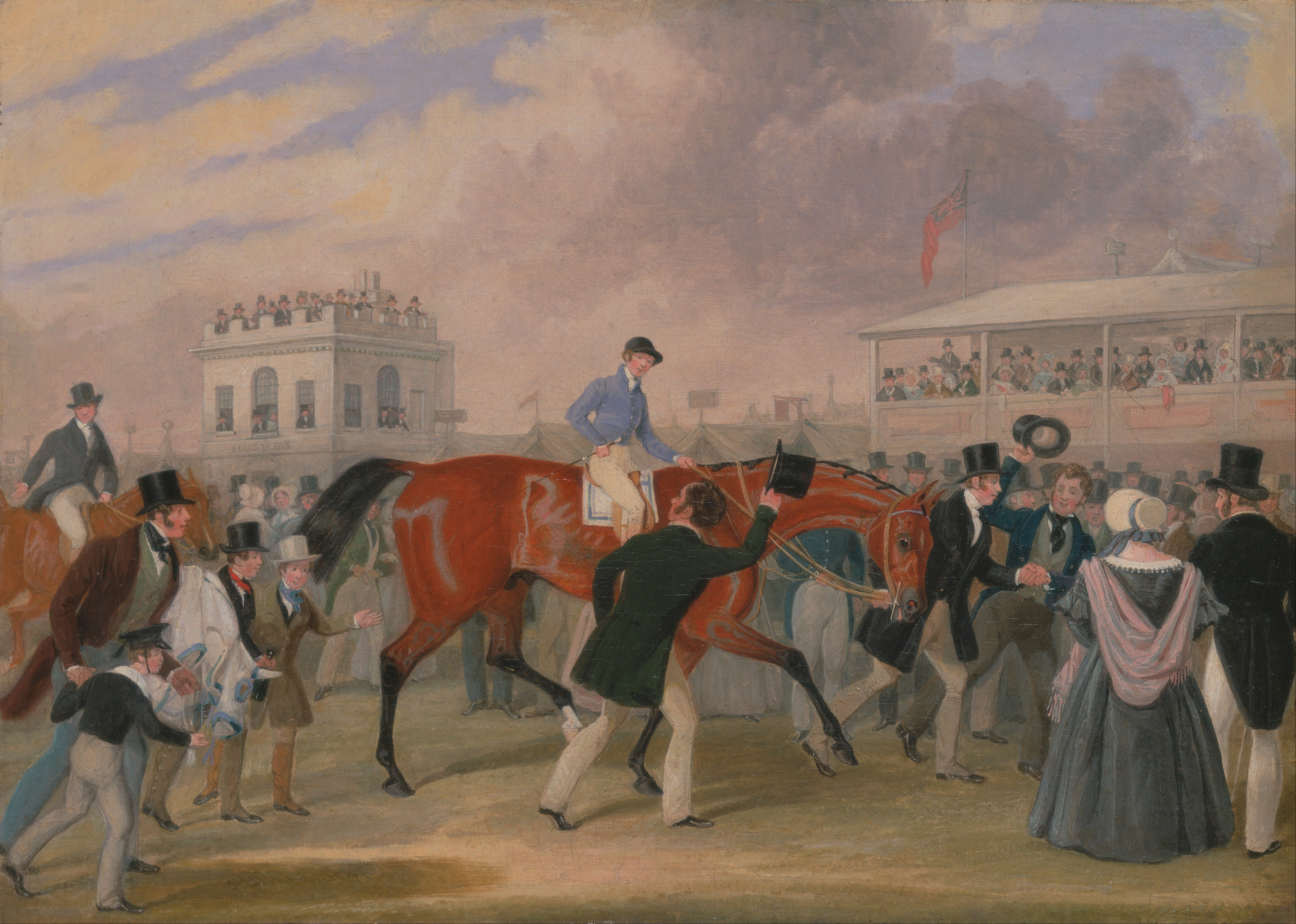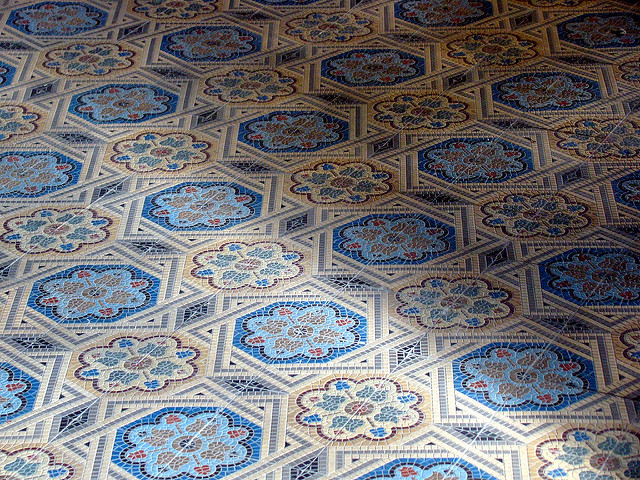
Why Horse Racing is in our DNA

Whilst horse racing is in some ways a divisive subject, the sport forms an undeniably significant unit of British culture. Incredibly, it’s the nation’s second biggest spectator sport, generating over £3.7billion for the UK economy on an annual basis, and its significance runs far deeper than its economic impact…
I, Equus…
Man’s ability to master nature has always been one of the crucial factors which has defined our humanity, and one of the most vital working relationships between a human and animal to have existed throughout the history of civilisation is that which exists between horse and rider. For millennia, we have used horse to help us farm, to travel and even to race…
The first documented horse races in Great Britain took place around 200AD, when soldiers of the Roman Empire raced each other’s horses in Yorkshire. Clearly the link between the British Isles and horse-racing goes far deeper than monarchs in fascinators and John McCririk’s mutton chops…
The Royal connection
The Royal Family has a long-standing and passionate connection with equestrian sports which has ranged in recent years from Princess Anne’s impressive efforts as an Olympic equestrian to Queen Elizabeth II’s ownership of prize-winning race horses.
The association of royalty and racing was firmly asserted in 1711, when Queen Anne launched the very first racing event at Ascot – ‘Her Majesty’s Plate’. An annual Royal Ascot meet has occurred ever since, with each day of the five-day meet commencing with a royal procession by horse and carriage to the Royal Enclosure.
Some of the royal family’s unique sparkle has undoubtedly rubbed off on the Ascot event (and British horse racing in general), encouraging punters to dress their best and greet the occasion as a happening of considerable auspice.
Horse racing’s place in present day Britain
In an ever changing Great Britain, we tend to take immense comfort in the few surviving aspects of our nation’s life which seem truly traditional. It’s why we adore Wimbledon, why so many us tuned into the Royal Wedding and the reason so many of us have a little flutter on the Grand National or at the Cheltenham Festival – previewed fully on the Coral microsite; we’re following in the footsteps of our ancestors, and that’s a good feeling.
Racing meets offer us this link with the past, albeit in a modernised format, and this is why the sport holds such a unique position in our collective culture.






